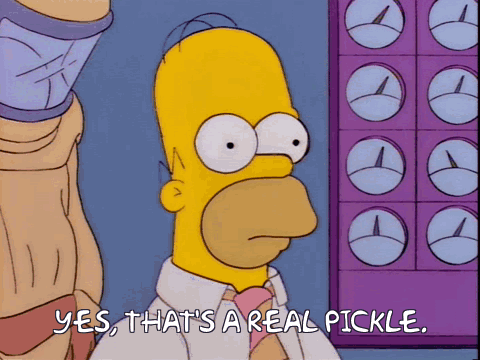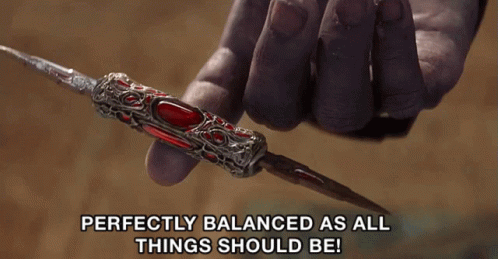Turtle Power

Vulnerability requires badassery!
Hi (No) Wonder-ers,
Turtles are severely underrated. They have been around for over 200 million years. They survived the mass extinction events that killed the dinosaurs. A turtle supports Sir Terry Pratchett's Discworld. (GNU). Turtles raised the Rotten Tomatoes rating of "The Master of Disguise" from 0% to 1%.
They will probably watch the heat death of the universe alongside Keith Richards and maybe a few cockroaches.

Their shell has much to do with turtles' staying power. It protects them from predators. Sure, the occasional eagle might break through the shell by dropping it onto rocks (or, failing that, onto the bald head of Aeschylus), but most predators don't find turtle meat to be worth the work it takes to break the shell.
Like a turtle's shell, our own emotional "shell" has its own evolutionary value. When we're babies, depend on the grownups around us for our survival; thus, abandonment is an existential threat. Therefore, we instinctively shut down any part of ourselves that we think will cause others to abandon us. This is why shame is such a powerful emotion for many of us.
Conversely, connectedness to others gives humans a survival advantage. Back in the day, that advantage involved less susceptibility to predators. Now, social connectedness to others improves our mental and physical health, decreases our levels of baseline chronic stress, and decreases our likelihood of developing chronic diseases (e.g. coronary artery disease, dementia).
However, in order to enjoy the benefits of social connectedness, we need to let down our guard and be vulnerable. Connecting with other humans requires that we lose our shell... or at least dare to poke our heads out of it. This is why I ignore any proposed solution to the "male loneliness epidemic" that doesn't include men unlearning their machismo to become more vulnerable and emotionally literate... which is basically all of them, because everyone's solution to male loneliness is instead to double down on patriarchy and enforced monogamy.
We crave connection, yet avoid the vulnerability we need to foster connection, lest we get hurt. What an inconvenient reality.

So how to we find that balance between the warmth of connection and the safety of the shell? Trial and error, basically. Those who were raised in environments where trust and vulnerability were rewarded and encouraged, rather than shamed and punished, enter adulthood ahead of the game in this regard. Those raised in environments that emphasized "stop crying," "man up," "pull yourself up by your bootstraps" likely entered adulthood thinking that their feelings, needs, and vulnerabilities are inconvenient liabilities that drive others away. Children whose trust was frequently betrayed enter adulthood with none.
"Tough love" is usually neither. It often translates to "Scram kid, your needs are inconvenient and I don't want you bothering me with them."
And the turtle's shell hardens.
While it's never too late to build up the capacity for interconnectedness, a past history full of emotion-stifling trust-betrayers provides a disadvantage. Therefore, if you have trouble trusting and connecting with others, it may well be the expected response to environmental and societal factors in which you had no say. So be kind to yourself. Acknowledge the urge to blame yourself or self-flagellate, but resist.
"Vulnerable" comes from the Latin vulnerare, "to wound." To be vulnerable is to put oneself in a position to be hurt by another person, to risk hurt in order to pursue connection. Someone who makes themselves vulnerable has decided that the benefits of connectedness with another person justifies the risk of that person hurting them. That's a courageous gesture that needs to be recognized as such. Letting one's guard down enough to get closer to another person, sacrificing safety, is a profound gesture of appreciation. ("I value our friendship so much I'll let my guard down, and possibly let you hurt me, in order to connect more closely.") What a bold statement.

If someone is being vulnerable with me and trusting me with their story, their feelings, and their secrets, the best thing I can do not to take this lightly. If someone trusts me with information and connection that I could use potentially to hurt them emotionally, I value the hell out of that trust and preserve it. If I treat that person's vulnerability with the respect it deserves, then our relationship improves and we're both more likely to keep seeking vulnerable connectedness. But if I were to use that information and connection to deliberately hurt the other person, thereby turning that person's vulnerability against them? That would be the worst-case scenario for vulnerability. It would make it near-impossible for the other person to trust me or anyone else with their vulnerability. It would also make me a shitty person who wasn't worthy of that trust to begin with.
It doesn't have to be this way. If we are kind to ourselves while we recognize and respect others' vulnerability, and we conduct ourselves in a way worthy of others' vulnerability (and our own!), that can help us achieve a balanced approach that allows us to connect selectively while protecting ourselves as needed.

Handle With Care,
Merrit
